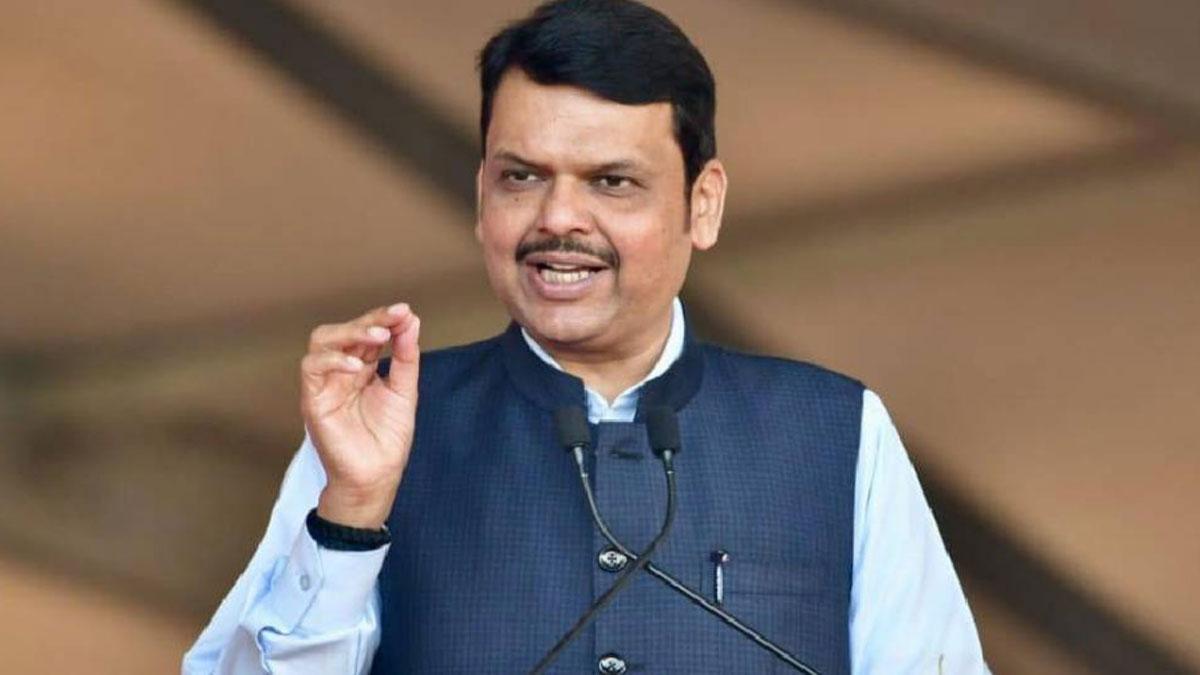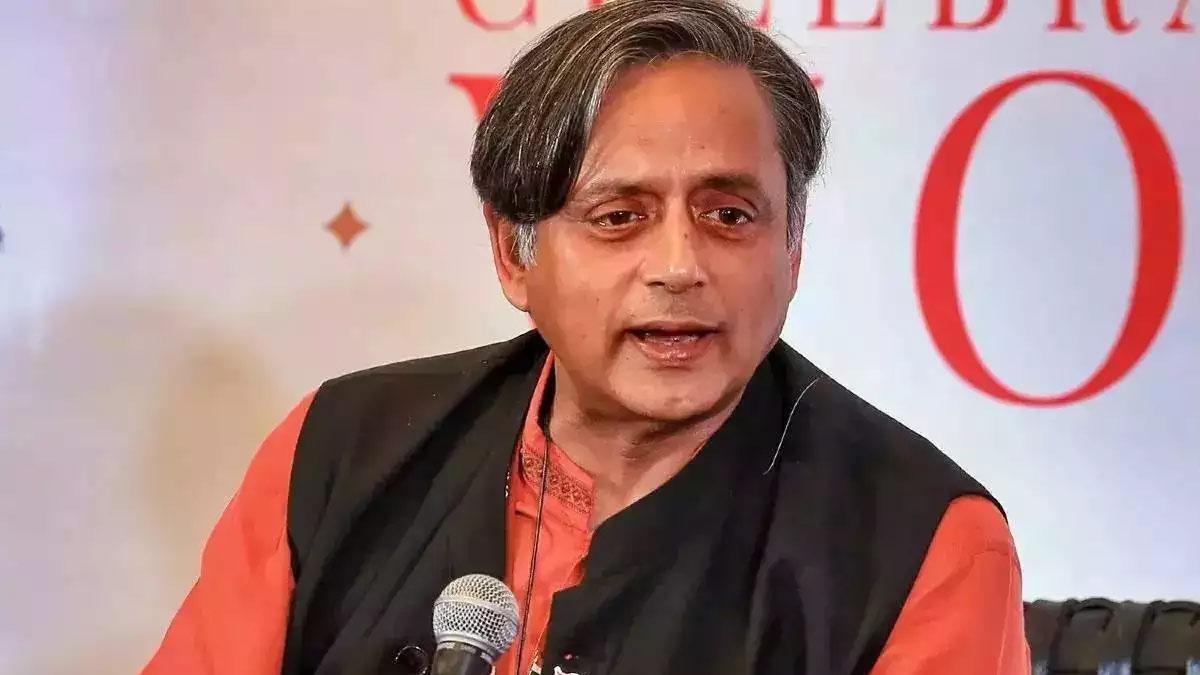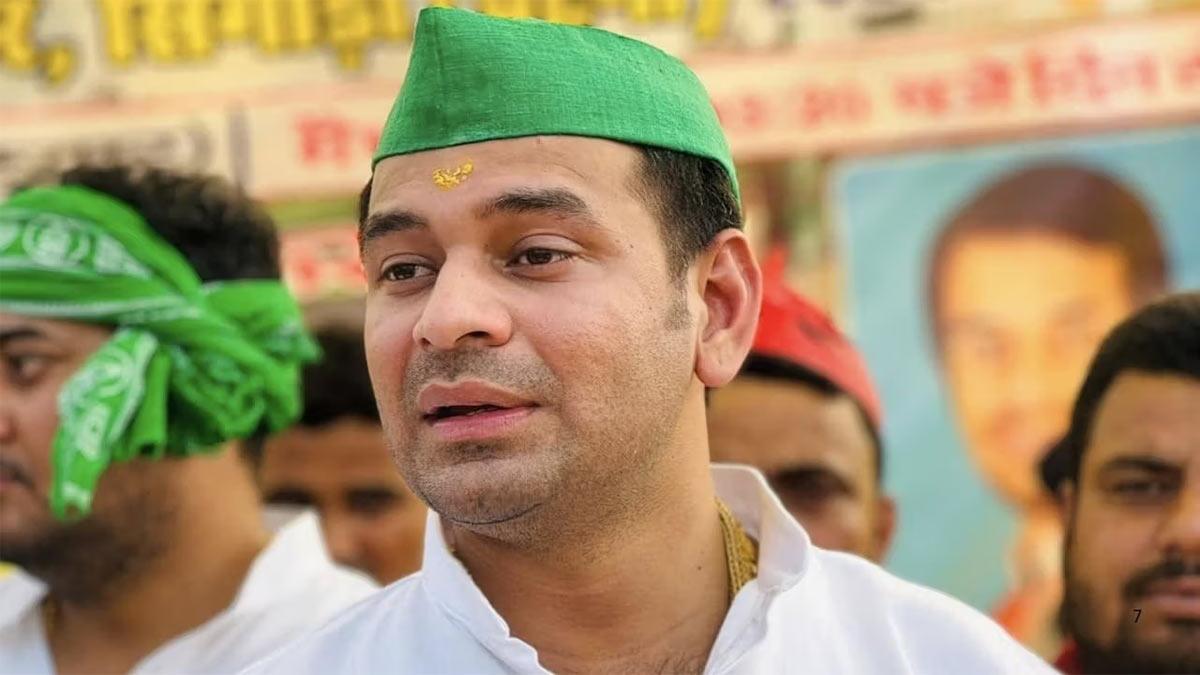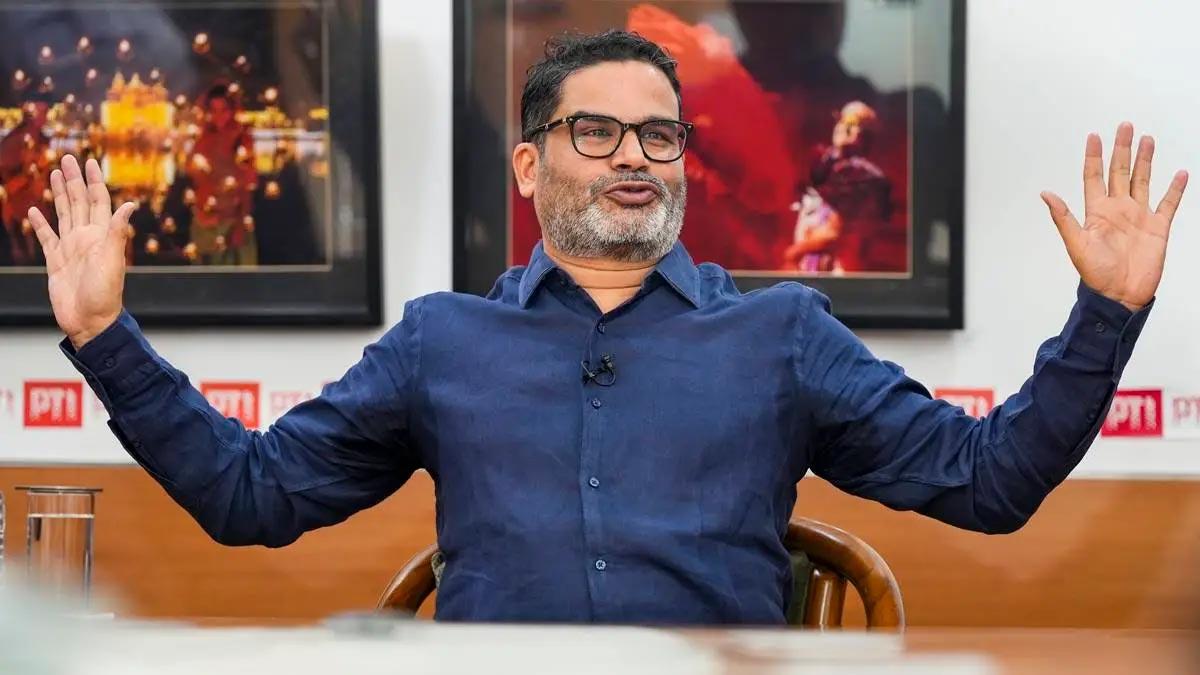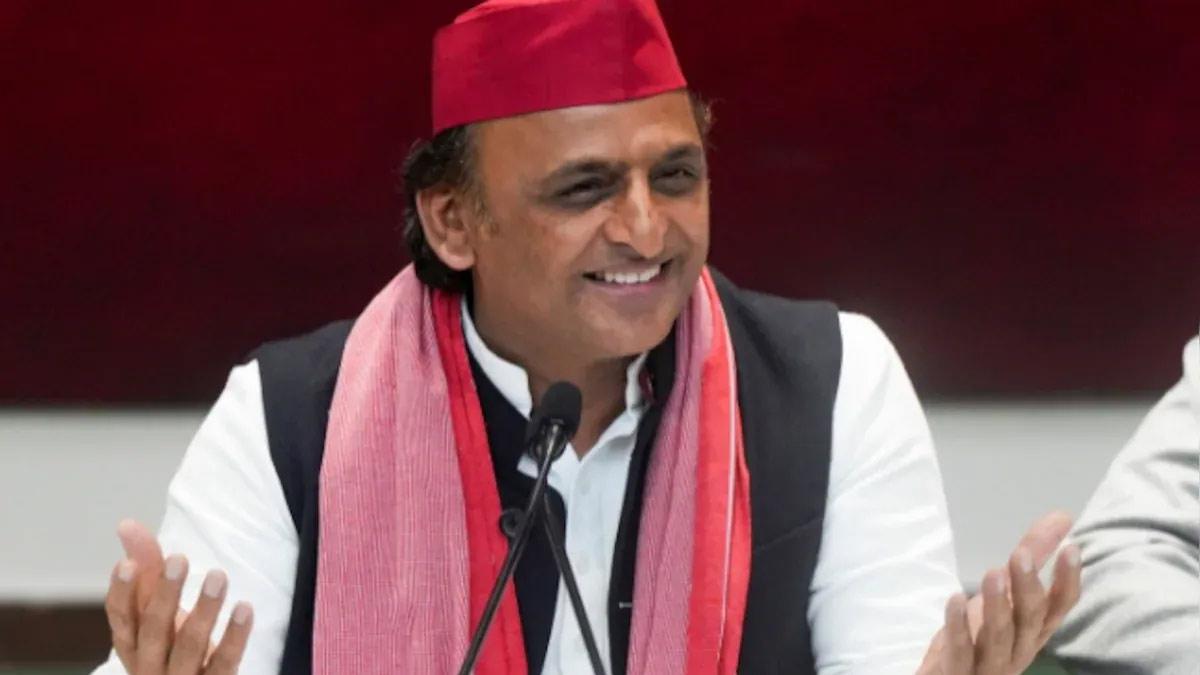Maharashtra Chief Minister Devendra Fadnavis, who also heads the Energy Department, has appreciated a historic order by the Maharashtra Electricity Regulatory Commission (MERC), which will result in a phased decrease in electricity prices for the first time in the history of the state.
The new tariff regime starts with a reduction of 10% in the first year, cumulatively amounting to a 26% reduction within five years.
Thanking the regulatory commission, Fadnavis stated, "Thanks to the Maharashtra Electricity Regulatory Commission (MERC) for clearing Mahavitaran's plan to lower tariffs, something never tried before."
In a message posted on X, Chief Minister clarified: "Earlier, petitions had been presented for tariff increases of about 10 per cent, but this time, a petition was submitted for a decrease — to the benefit of domestic, industrial, and commercial consumers as well.". Almost 70 per cent of the state's consumers consume less than 100 units and they will be most benefited by the 10 per cent reduction in tariff. For providing dependable daytime power to our farmers, efforts on Mukhyamantri Saur Krushi Vahini Yojana 2.0 are in progress at a swift level. With an increasingly emphasis on green energy in our power purchase deals, procurement cost savings in the future will contribute to maintaining low tariffs.
He added further: "It gives immense satisfaction to share this people-centric decision with the citizens of Maharashtra."
From July 1, families consuming a maximum of 100 units per month under Maharashtra State Electricity Distribution Company (Mahavitaran) will get a 10% tariff reduction. Other consumer groups, including the middle-class residential users, commercial and industrial establishments consuming above 100 units, will see a marginal reduction of between 1% to 3%.
MERC outlined the new electricity tariffs for the period of the next five years in its new order released on Wednesday. An earlier announcement on March 29 had promulgated a new tariff scheme to come into force from April 1.
Mahavitaran, facing a shortfall of ₹48,000 crore, had made its financial situation known to the Commission while applying for an increase in revenue. The Commission, however, foresaw a surplus of ₹44,500 crore instead and rejected the application.
In reply, Mahavitaran initiated a review petition raising issues with the previous ruling. Subsequently, the Commission modified its earlier order and sanctioned the new proposal, allowing phase-wise tariff cuts in all consumer segments.
Read also| Emergency one of the darkest chapters in India's history, Says Pawan Kalyan
Read also| ECI Invites Rahul Gandhi for Talks at a Time and Venue of His Choice

